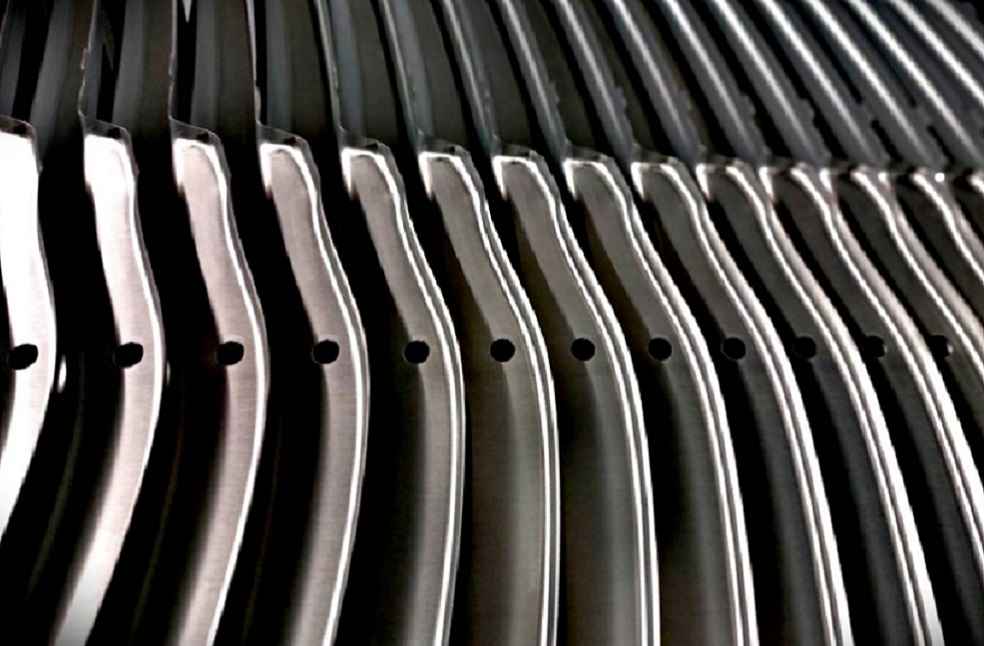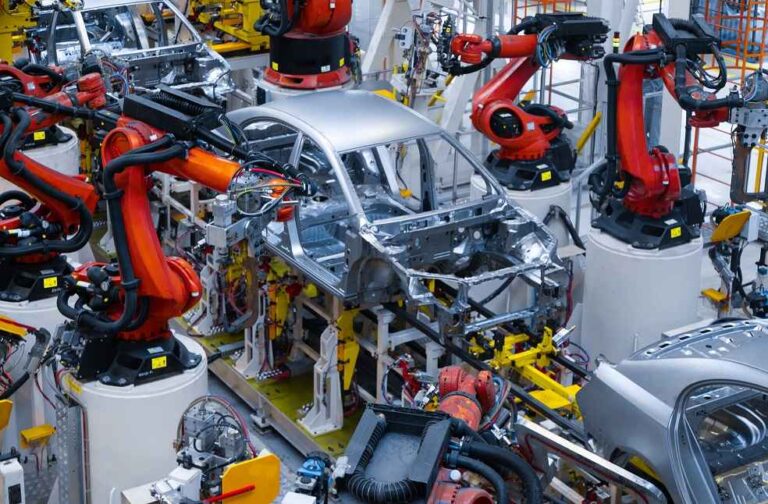Nissan Motor plans to expand its use of green steel in Japan, increasing consumption by five times the 2023 level by the end of fiscal year 2025. The initiative is part of the automaker’s broader decarbonization strategy, which aims to cut carbon dioxide emissions by 30% by 2030 and achieve carbon neutrality by 2050.
The company highlights that steel production is one of the largest contributors to industrial CO2 emissions due to the traditional blast furnace process. Green steel, produced using directly reduced iron with a lower carbon footprint or electric arc furnaces, helps to mitigate these emissions. Since steel components account for approximately 60% of a vehicle’s weight, integrating more sustainable materials is a key step in Nissan’s carbon reduction efforts.

Nissan has been a leader in the Japanese automotive market in adopting green steel, initially using Kobenable Steel from Kobe Steel in 2023. The company is now expanding its supplier network to include Nippon Steel (NSCarbolex Neutral), JFE Steel (JGreeX), and South Korea’s Posco (Carbon Reduction Allocated Steel).
Meanwhile, the global automotive market faces challenges such as weak demand, economic uncertainty, and delays in electric vehicle infrastructure development. According to EUROFER, EU car production is expected to grow by 2.1% in 2025 after an anticipated 8.4% decline in 2024. Increased competition from Chinese electric vehicle manufacturers and market conditions in the US and China will play a critical role in shaping the industry’s future.
NEW LAUNCH | Volkswagen Unveils Affordable EV, Boosts Wolfsburg’s Electric Future





